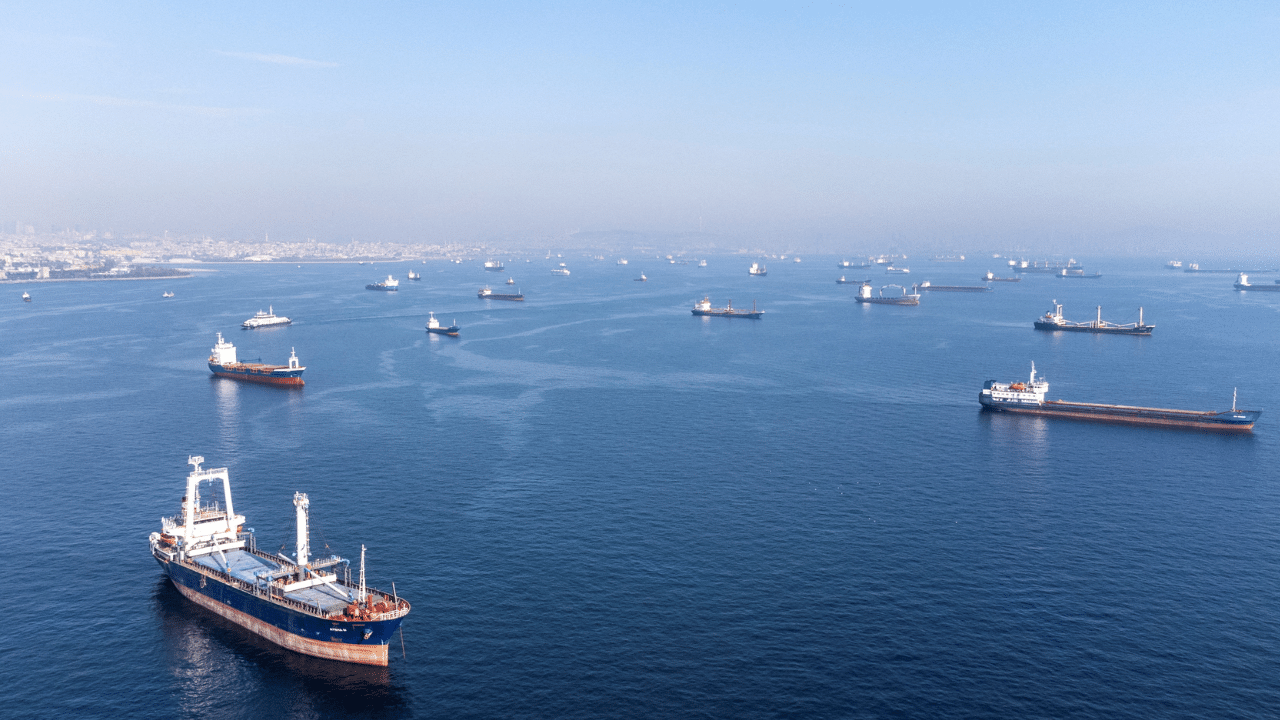Turkish President Recep Tayyip Erdogan has announced that the Black Sea grain export deal designed to keep goods flowing through Ukrainian ports has been extended for two more months. Erdogan’s statement comes just one day before Moscow could have scrapped the agreement over long-standing impediments to its own fertilizer and grain exports, despite technical exemptions.
”With the efforts of our country, the support of our Russian friends, the contribution of our Ukrainian friends, it was decided to prolong the Black Sea grain deal for two more months,” Erdogan said during a televised address on Wednesday. Russia, Ukraine and the United Nations have each confirmed the extension. Ukrainian Deputy Prime Minister Olexandr Kubrakov said the grain corridor will remain open at least until July 18th.
Since it was negotiated last July, the deal – which was brokered by Ankara as well as the UN – has allowed some 30.3 million tons of grain and other foodstuffs to be exported through Ukraine’s heavily mined Black Sea ports. That figure includes 625,000 tons of goods used in World Food Program aid operations in several poor and war-torn countries, such as Afghanistan, Ethiopia, Kenya, Somalia and Yemen.
The deal between Russia and Ukraine – the world’s first- and fifth-greatest grain exporters respectively – is critical for the global food supply. In comments to reporters following Erdogan’s announcement, UN Secretary-General Antonio Guterres said ”These agreements matter for global food security,” adding that ”Ukrainian and Russian products feed the world.” Both countries are also top suppliers of barley, fertilizer, sunflower oil and other affordable foodstuffs for developing nations across Asia and Africa.
In its statement confirming the extension, the Russian Foreign Ministry said this is an opportunity “to help ensure global food security, not in words, but in deeds. First and foremost, to help the countries most in need.” The ministry added, ”Our principled assessment of the Istanbul agreements of July 22, 2022, has not changed and the distortions in their implementation should be corrected as soon as possible.” Moscow has repeatedly complained that restrictions on payments, logistics and insurance have prevented shipments of Russian agricultural goods from reaching global markets.
Ostensibly, such products are spared from the Washington-led sanctions blitz on Russia, and the UN has repeatedly pledged to work with Western countries to ease the restrictions. However, banks and shipping companies are often discouraged and hesitant to do business with any heavily sanctioned entity for fear of running afoul of the Treasury Department’s myriad penalties.
UN chief Guterres assured that Russia, Ukraine, Turkey and the UN would continue discussing outstanding issues between the warring parties. “Looking ahead, we hope that exports of food and fertilizers, including ammonia, from the Russian Federation and Ukraine will be able to reach global supply chains safely and predictably,“ he said. Vassily Nebenzia, Russia’s ambassador to the UN, remarked “we still do not lose hope that the problems that we are raising will be sorted out.“








